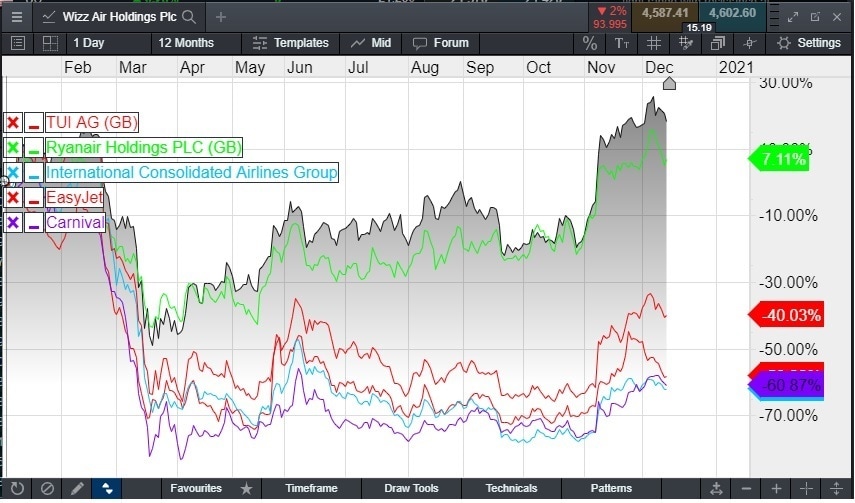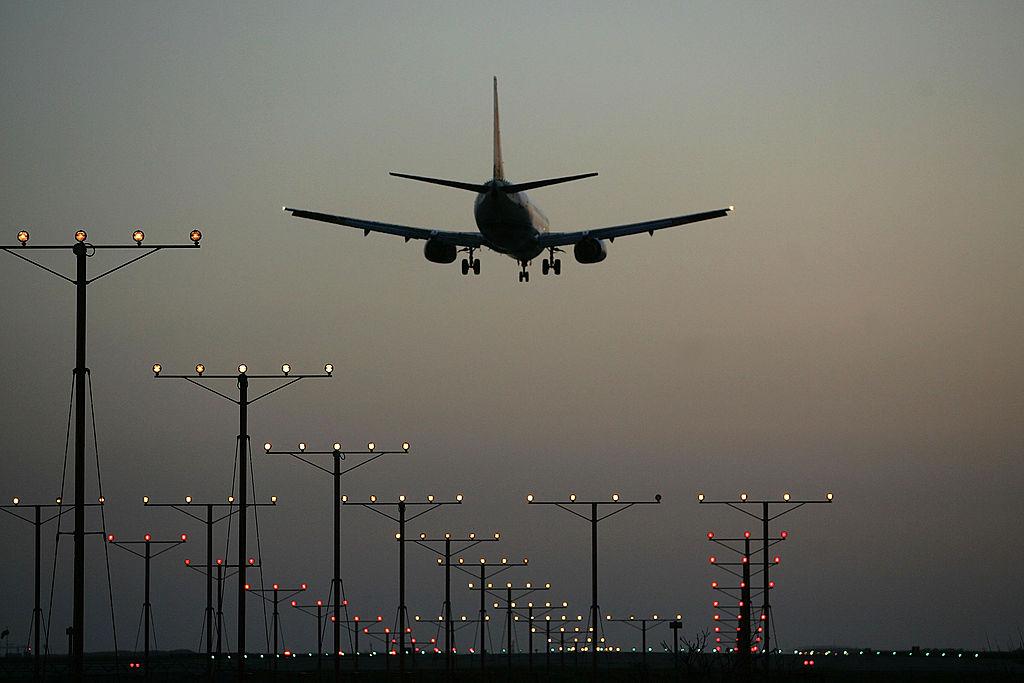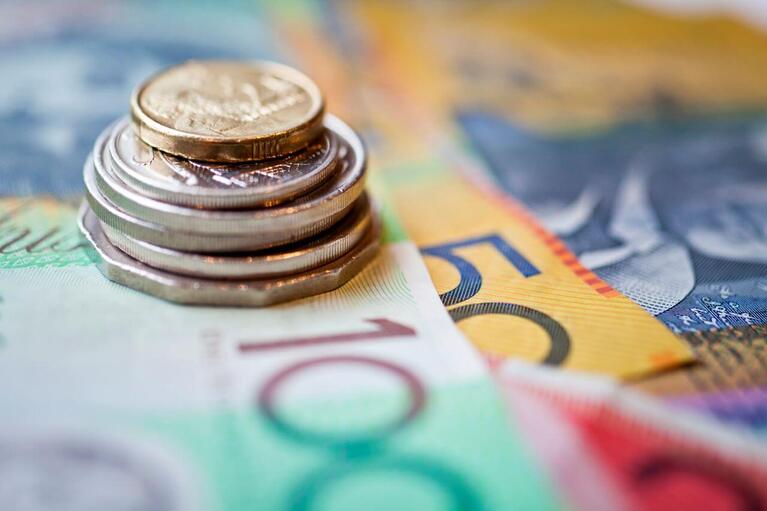The travel sector started the year off on a slightly downbeat note, as mixed consumer sentiment and firm oil prices hung over the industry. For much of 2019, the UK’s planned departure from the EU hurt business, as concerns about disruption to flights and potential visa worries weighed on consumers.
The large general election victory secured by the Conservative party boosted sentiment at the end of last year and, to an extent, provided some certainty with respect to Brexit as UK prime minster, Boris Johnson, ran on a ticket of "getting Brexit done".
Covid-19 batters travel shares
Airlines offering flights to China were the first to suffer when the Covid-19 crisis flared up. When the virus hit Italy, the European travel sector came under fierce pressure. Flights were cancelled en masse, and dealers rushed for the exit. The lockdowns imposed by government essentially brought airlines to a halt, and that was reflected in the horrendous sell-off of travel sector shares.
Government policies such as the furlough scheme and the Covid Corporate Financing Facility helped to ease the painful declines in travel stocks, as it was clear that state assistance would remove some of the fear that some companies would go out of business. The groups that entered the crisis in a relatively strong position weathered the storm better than others.
Budget airlines hit hard in 2020
Even though government policy was to save as many firms as possible, there was a notable casualty. In the first week of March, Flybe went into administration, two months after the government announced a rescue deal. The group had been hobbling along for several years; it listed on the London Stock Exchange in 2010, but in less than a decade the Flybe share price lost over 97% of its value, even before the pandemic struck. Flybe accounted for 40% of all the domestic flights in the UK, and a large portion of those flights would have been business people travelling internally. Given the huge rise in working from home and virtual meetings, the group probably would have needed further financial help despite the spring lifeline.
In contrast, Ryanair started 2020 in a fairly good position, but had an extremely tough time from late February onwards. The industry received some relief over the summer as economies reopened, but that was short-lived as renewed health fears in autumn soured sentiment. In November, Ryanair revealed a first-half loss of €197m, which was better than the €244m loss that the company had forecast. The airline posted a first-half pre-tax profit of €1.15bn a year previously, showing how much pain the pandemic caused. The second-half loss is expected to be even greater. Although the situation is bleak, the airline had a cash balance of €4.5bn in November, so it‘s well-placed to endure more turbulence. The Ryanair share price has doubled since the March sell-off.
TUI Travel is another to suffer, with the tourism group posting a €3bn EBIT loss last month. Customer volume and revenue fell by 62% and 58% respectively. Cash and available credit facilities stood at €2.5bn. In light of the restrictions and the dreadful consumer environment, the company plans to operate at 20% of capacity for the winter season. Looking further into the new year, TUI seem optimistic, as it aims to operate at 80% of its usual summer capacity. TUI has predicted that 2021 will be a year of financial transition, and said it hopes to return to profitability by 2022.
The easyJet share price also had a rough ride on account of the health crisis. Full-year revenue slipped by 52.9% to £3bn, with an annual loss before tax of £835m, down from last year’s profit of £427m. The violent swing in earnings underlines the mayhem caused by the pandemic. The group now anticipates that capacity will be no more than 20% in the first quarter. Cash burn for Q4 was a better-than-expected £651m, down from £774m in Q3, so it's encouraging to see that easyJet is curtailing its outgoings. With respect to the future trading relationship between the UK and the EU, easyJet confirmed that it's prepared for all outcomes. The low-cost airline is very well-financed, having raised £3.1bn in cash year-to-date (YTD).
In late October, IAG, the parent of Iberia, British Airways and Aer Lingus, revealed nine-month figures. Passenger capacity fell by over 64% for the period. The operating loss was €3.2bn a huge aboutturn from the €2.52bn profit posted a year ago. The third-quarter numbers are very weak, as passenger capacity dropped by over 78.6%. The figures make for horrendous reading but as of late September, IAG had a cash balance and credit facilities that came to €6.6bn. The airline didn't issue guidance, not surprisingly, but the extremely strong liquidity level stands out in traders' minds when considering the IAG share price.
The Wizz Air share price has been the standout performer of the group, as its shares are up over 18% on a YTD basis. Last month the low-cost airline, which specialises in flights to and from central and eastern Europe, posted a net loss of €144.9m, a big swing from the €368m profit in the previous year. In the six-month period, revenue slumped by over 71% to €471.2m, as passenger numbers tumbled over 70%. Like with Ryanair, Wizz registered a solid rise in ancillary revenue, as it increased by 28.6%. The group’s cash balance stands at €1.55bn. Wizz confirmed its monthly cash burn would be €70m, and a full grounding of its fleet until the end of the next financial year. The fact the airline has such a healthy cash balance for its size has helped it navigate through this period.
The Carnival share price was the joint worst performer in the sector, along with IAG as the cruise operator’s stock lost just over 60% in value YTD. Carnival posted an eye-watering $5.1bn first-half loss, compared with a $787m profit in the same period the year before. Total revenue was $5.5bn, a 42% fall, and that loss of income did the damage as operating costs only fell by 4.7% in the timeframe. In October, Carnival's third-quarter numbers showed a net cash position funded from financing activities of $13.6bn, mostly down to long-term debt of $11.4bn. The group has a market capitalisation of $22.5bn. A total of $1.6bn of the debt was raised in the ‘junk bond’ market, which is an indication of how things are going for the company. It has been plagued by the health crisis and cancelling cruises has been all too common for Carnival.
Travel stocks share price performance 2020

Vaccine news encourages travel sector shares
Travel stocks has been clobbered in 2020, and the crisis is still a big problem for Europe and the US, but at least Covid-19 vaccinations have now begun. Since early November, the mood in the markets has changed significantly because of upbeat vaccine news, and with travel arguably the most exposed industry to the virus, it has staged an impressive rally. Many of the companies mentioned above have had to arrange financing to see them through this difficult year, but the major groups have survived. There is a view in the markets that the rate at which vaccinations will be rolled out will ramp up the further we go into 2021, and that should help lift the travel industry out of its rut.
Governments and investors have been keen to support the travel sector, and that should continue into next year. Sadly, the jobless rate is likely to jump in the months ahead as the UK furlough scheme finishes at the end of April (having been extended by a month), so a certain section of the consumer market will be curtailing its expenditure. On the other hand, some professional types who work from home have broadly seen their savings rise as they have had few opportunities to spend money, and that section of society are likely to travel when restrictions are lifted.






